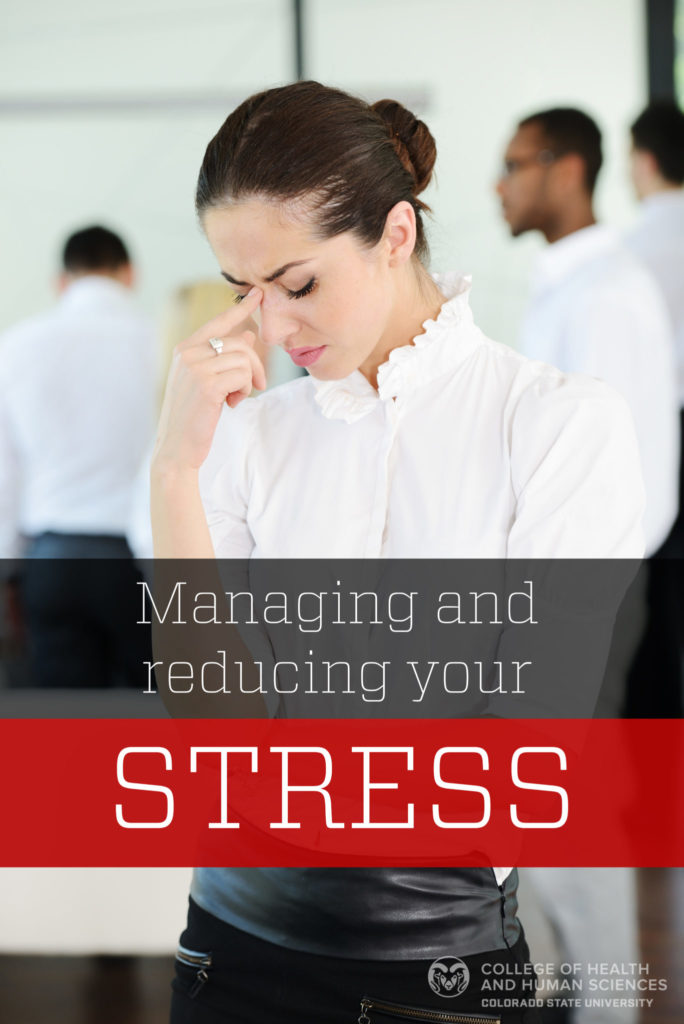For Stress Awareness Month this year, consider how much you know about how stress affects you. When do you feel periods of high stress? How do you manage stress? This knowledge is important if we are to stand a chance of combatting the problems that stress causes. Unfortunately, most of our knowledge about stress is limited to knowing when we are stressed, but not what it is doing to us or how to deal with it.
Our bodies have a natural high stress or survival mode which activates when we are in danger. This is called our stress response. Think of a zebra on the plains of the African continent, running for its life as a tiger or lion chases it. The zebra’s sympathetic nervous system activates, putting its body into flight or fight mode. In flight or fight mode, the body and brain focus on quick reflexes that help the zebra run from or avoid danger. The heart rate and blood pressure increase and other bodily functions such as digestion and the immune system slow down.
If we are the zebras, then college, graduate school, work, deadlines, worries over finances are our lions and tigers sending us into survival mode. You have an assignment due, it’s finals week, you need to defend your thesis, but it’s not completed, your boss wants a detailed report on her desk by next week and you haven’t started yet. All of these are situations that send your body into fight or flight mode.
Unfortunately, being stressed slows down your ability to complete the things that you’re stressed about because your higher functioning and reasoning brain slows down and you actually get little done. To further compound things, your immune and digestive systems also slow down, making you more susceptible to illness and weight gain. So now, you are not meeting your deadlines, you are sick and you have gained weight, resulting in feeling even more stressed and overwhelmed. It’s a vicious cycle.
If this happens, unchecked, for extended periods, it can lead to serious illnesses like heart disease and high blood pressure. So how do we stop this cycle?
Dealing with stress
The first step in dealing with periods of high stress is to recognize those periods in your life. Be aware of what your stressors are and when they normally occur. If you are a college student, your period of high stress may be close to the end of the semester, when major assignments are due, and finals are approaching. Be aware of this. During these periods, make a special effort to take care of yourself. Eat as healthy as possible, take multivitamins and do some form of exercise (even if it’s only walking to and from campus). This will help to boost your immune system and keep you healthy.
It is also important that you take time daily or weekly to do something that relaxes you: go for walk or a run, read a fictional book, watch a comedy show, knit, play solitaire, do yoga or a mindfulness exercise, have a cup of tea, spend time with a friend or significant other. Doing something that calms you and helps you relax slows down your automatic response brain, taking you out of survival mode. Once you are more relaxed and your fight or flight response has slowed down, you are better able to think. Use this time to first recognize the stressors and situations that you can and cannot control. Accept that you cannot control everything and move on to the ones that you can. Make a plan and try to manage your time, use your planner to map out what’s due when, create a daily to-do list and check things off as you go. Don’t try to do everything at once, take them one at a time. Completing one thing is a great motivator to complete others, and if you encounter road-blocks ask for help.
Stress is a part of our lives that we cannot eliminate. The best we can do is manage our response to stress, reducing its negative effects. If all else fails, remember what you need the most to deal with your stressors is you; therefore, you must take care of you.
Brenda Charles is a second year MFT student from the island of Antigua, in the Caribbean. She has a Bachelor of Science in psychology and a Bachelor of Arts in communications from Dickinson State University, in Dickinson North Dakota. She loves Fall, long walks, sunsets on the beach, hiking beside streams and rivers, and being out in nature.
For more health tips, visit the College of Health and Human Sciences Pinterest board.